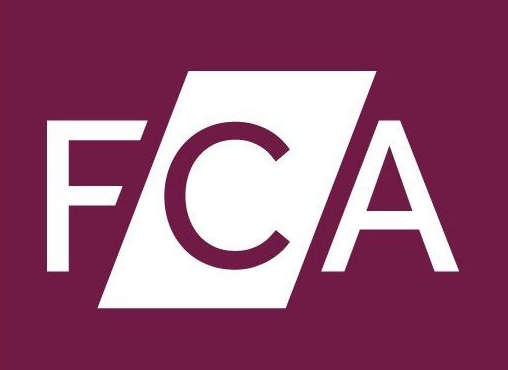
Fair value in the second charge mortgage market and how firms market themselves to customers are under the microscope as the Financial Conduct Authority pushes on with its Consumer Duty reforms.
The City watchdog’s wide-ranging consumer-focused guidelines came into force three months ago, on 31 July, covering the UK’s 60,000 regulated financial firms, including the mortgage industry’s roughly 100 lenders and 18,000 brokers and broker firms.
But FCA director of cross cutting policy and strategy Nisha Arora says: “The work to embed the Duty has only just begun. The Consumer Duty is not a once-and-done exercise.
“If we want to continue to see the benefits, we all need to keep a foot on the gas.”
Arora said that the body is “looking at some of the products and services provided in the second charge mortgage market.
“Here, we want to know if, under the Duty, customers are getting fair value. This includes whether fees are representative of the costs incurred by the brokers and lenders.”
The FCA director was speaking at a Deloitte conference, called Consumer Duty – Next Steps, yesterday.
Arora added that the body would tackle poor support and communication across the financial services industry.
“Poor or inconsistent support that means consumers aren’t able to act in their interests, whether that’s to choose a product, switch or complain,” she said.
“Or poor communications that mean that consumers don’t get the information they need when they need it that they can understand and act on.”
From 31 July next year, Consumer Duty guidelines will apply to closed products and services.
Arora pointed out: “We don’t expect firms to consider the target market and distribution strategy for products that are no longer on sale.
“We will, however, still expect you to consider if closed products and services could lead to foreseeable harm or frustrate customers pursuing their financial objectives.”
The FCA’s latest Financial Lives survey in July found that 14% of adults – or 7.4 million people – unsuccessfully attempted to contact one or more of their financial services providers over the last two years.
It adds that just 41% of adults had confidence in the UK financial services industry.
Arora said that these “statistics underline why we need the Consumer Duty”.
However, the FCA director said that three months into the new rules the body had already seen evidence of “good practices”.
She said firms were “simplifying language in the letters they send to customers and introducing more accessible formats to improve outcomes for vulnerable customers”.
Arora added that companies were also being more “upfront on their websites about exclusions” and were “reviewing their fees with fair value in mind”.
She said: “Enhancing consumer trust and inward investment are huge potential benefits for us to realise, and the Consumer Duty is an important piece of the growth puzzle.”



